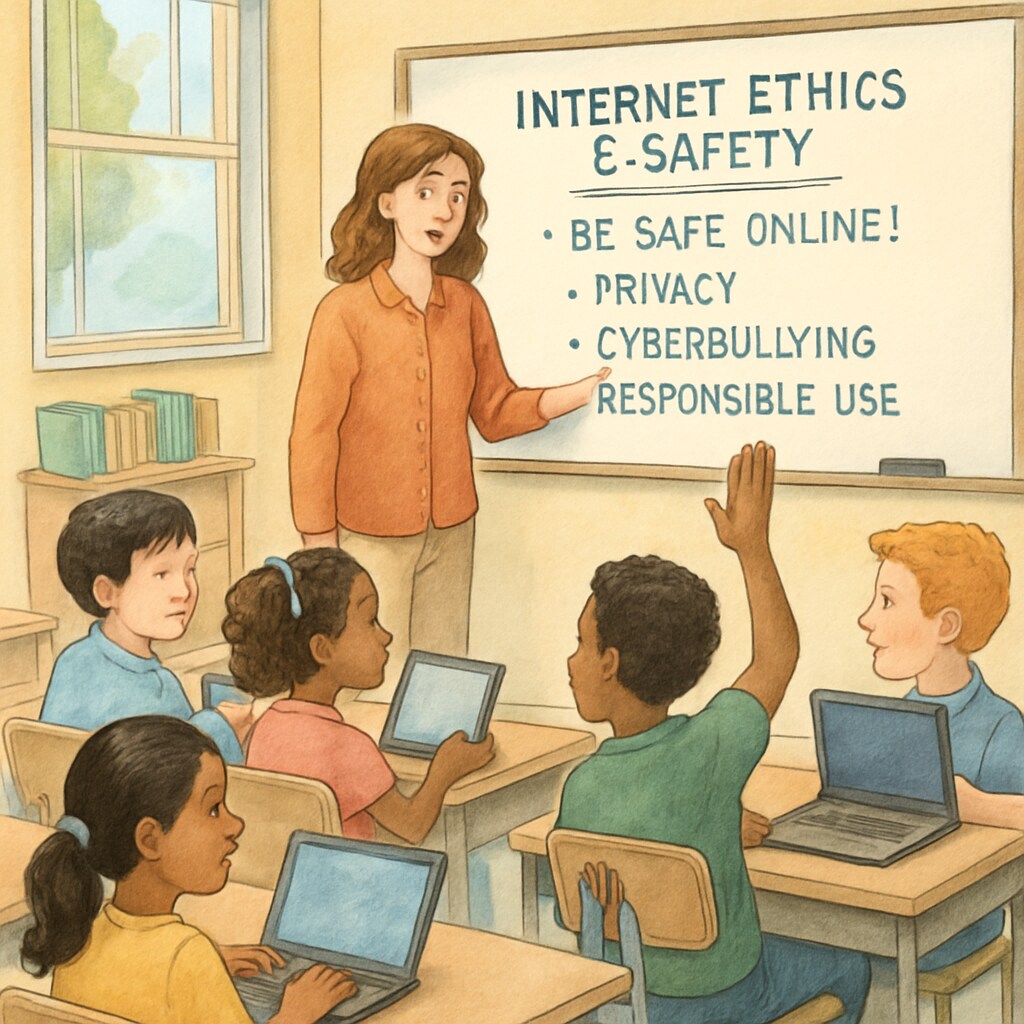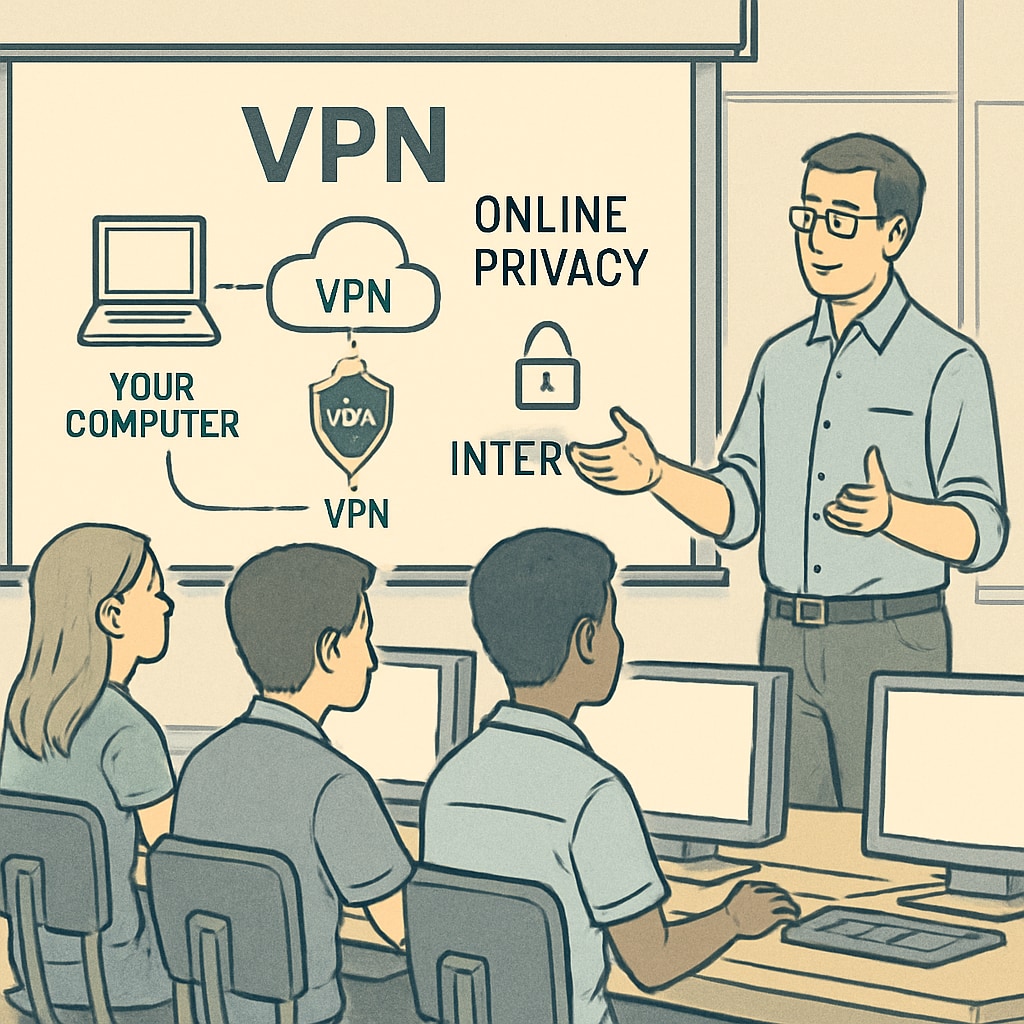In response to the UK’s new age verification law for adult content, VPN usage has surged among citizens seeking to bypass restrictions. This trend not only raises questions about cybersecurity but also emphasizes the need for K12 schools to educate students about responsible internet use. As the digital age progresses, teaching children to navigate the internet safely, ethically, and legally has become an essential part of education.

The Impact of Age Verification Laws and VPNs
Age verification laws in the UK aim to protect minors from accessing adult content. However, such regulations have also inadvertently led to an increase in VPN (Virtual Private Network) usage. VPNs allow users to mask their location and bypass geo-restrictions, making it easier to access restricted websites. While VPNs can serve legitimate purposes, their misuse by young users poses risks ranging from exposure to harmful content to potential legal consequences.
For example, a study conducted by BBC Technology revealed that many teenagers are using VPNs to circumvent restrictions, often without understanding the implications. This highlights a gap in digital literacy that schools are uniquely positioned to address.
Why Digital Citizenship Matters in K12 Education
Digital citizenship refers to the responsible use of technology and the internet. It encompasses online behavior, cybersecurity awareness, and ethical decision-making. For K12 schools, instilling these principles in students is essential to preparing them for the challenges of the digital world.
According to Edutopia, effective digital citizenship education includes age-appropriate lessons on topics like privacy, cyberbullying, and the legal consequences of circumventing online restrictions. Such programs equip students with the tools to make informed decisions and understand the real-world impact of their online actions.

Strategies for Teaching Digital Citizenship
To successfully teach digital citizenship, schools can adopt a variety of strategies:
- Integrating Curriculum: Embed digital literacy and citizenship lessons into existing subjects such as social studies or computer science.
- Interactive Workshops: Host workshops focused on real-world scenarios, such as identifying phishing attempts or understanding VPN usage.
- Parental Involvement: Educate parents about digital risks and provide resources to help guide their children at home.
- Gamification: Use educational games to teach cybersecurity principles in an engaging way.
By employing these methods, schools can create a comprehensive approach to digital citizenship that resonates with students across age groups.
Building a Culture of Online Responsibility
Ultimately, fostering a culture of responsible digital behavior is a collaborative effort. Schools, parents, and communities must work together to ensure students understand how to use technology safely and ethically. This includes recognizing the potential consequences of circumventing laws, such as those related to age verification and VPNs.
As the internet continues to evolve, so too must the strategies for teaching its responsible use. By prioritizing digital citizenship education, schools can empower students to become informed and ethical digital citizens, prepared to navigate the complexities of the online world.
Readability guidance: This article uses short paragraphs, clear transitions, and lists to summarize key points effectively. Overuse of passive voice has been avoided, and long sentences are kept minimal for readability.


